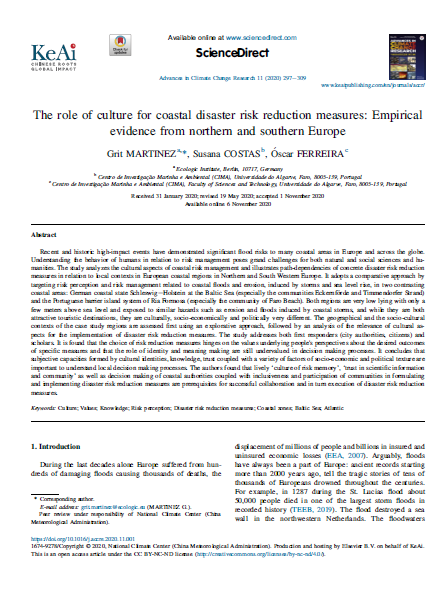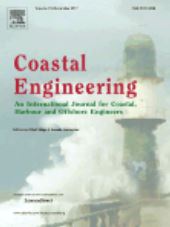Coasts and seas both are characterized by intense social-ecological interactions, recently the industrial appropriation of coasts worldwide and oceans as a waste disposal site for port industries and land-based production facilities. In September, White Horse Press' transdisciplinary history journal Global Environment published a special issue dedicated to Coastal Cities and their struggle for coping mechanism to the recent crisis. The special issue was edited by Ecologic Institute and starts with an introductory chapter on the more-than-ever-growing need to consider different ideas, narratives and power relations of coastal and maritime actors and groups in order to shape a coastal management that is ecologically and socially sustainable.
The special issue unites case studies from coastal regions and river deltas in Europe, North America and Asia. Drawing on a rich range of methods and sources from the humanities, social and natural sciences, they contribute to the important discussion of what options coastal and river based stakeholders have for coping with current and future environmental risks. They also provide the ground for discussions about whether there is a way to change the narrative again from mastering nature to an alternative story that engages human and nonhuman actors and groups in the building of a just coastal environment. The examples in this issue range from the creation of knowledge to enable living and building with nature to reoccurring ecosystem failures, from technocratic belief in 'engineering our way out' to situational tactics of tamed interventions and untamed practices, to reassessing coastal vulnerability and building resiliency or the disappearance of coastal cities due to environmental degradation. The cases also demonstrate that these different practices are linked to different views of how habitats in coastal regions and river deltas should look and how they are understood. Interpreted and modified by special local or regional contextualities and practices, the sea environments analyzed in this volume are bound by their place-based histories and the attached intangible and tangible cultural values of individuals, institutions and non-human actors alike.


